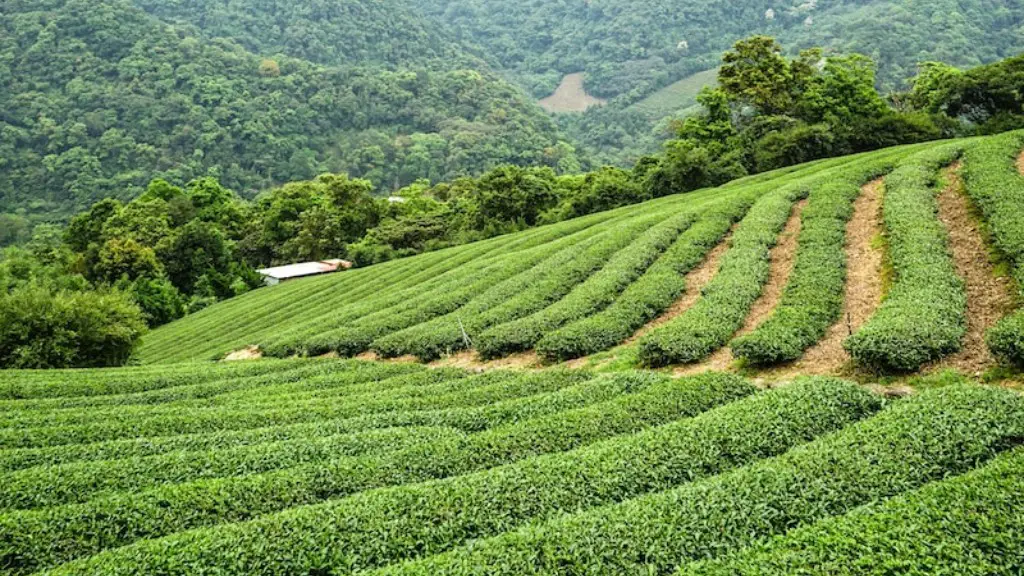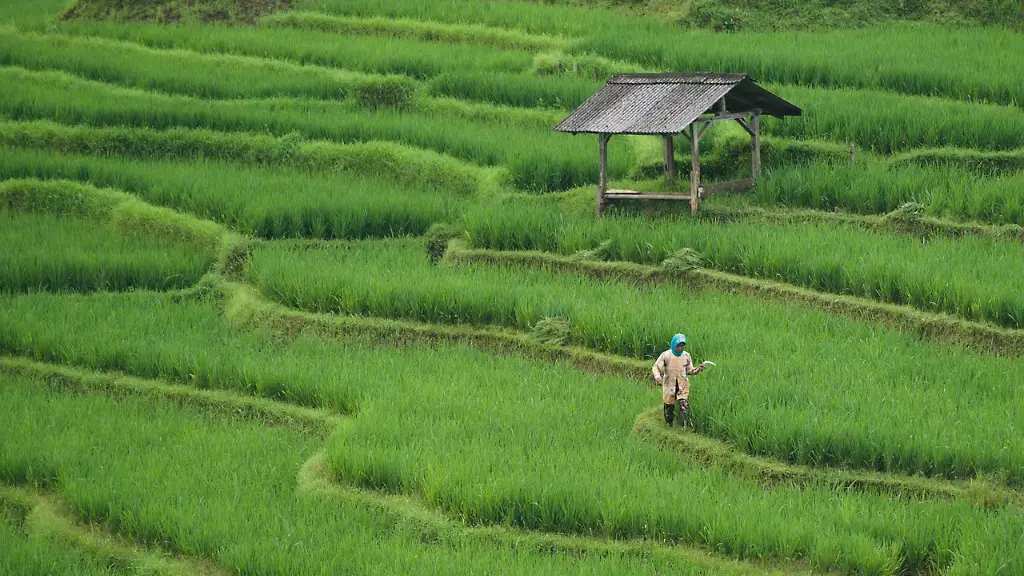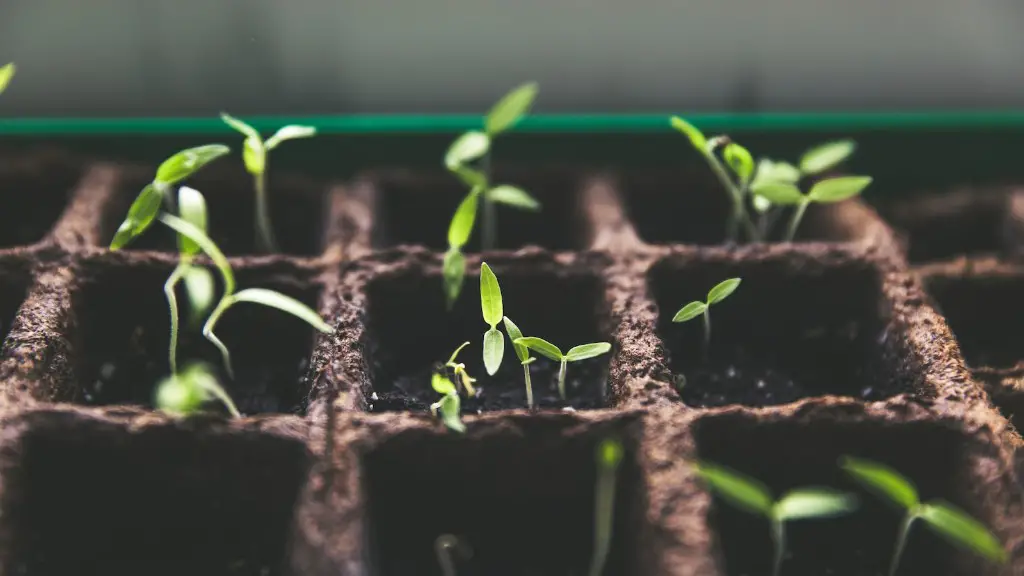In the United States, agricultural zoning is a method of land-use planning in which agricultural lands are segregated from other uses and protected from encroachment. Through agricultural zoning, farmers and ranchers can be safeguarded from the negative effects of urbanization and other forms of development. Agricultural zoning ordinances typically restrict non-agricultural uses of farmland, such as residential or commercial development, and specify minimum lot sizes for agricultural uses.
Agricultural zoning is the designation of specific areas of land for agricultural use. This type of zoning is intended to protect agricultural land from being built on or used for other purposes, and to preserve the agricultural character of the area.
Can you build a house on agricultural zoned land in Georgia?
Georgian citizens can build a house on agricultural land, but it will require either a lot of additional approvals with the authorities or a change in the status of the land which is long and problematic. It is forbidden to build absolutely everything on recreational land.
The AG-1 zoning district is intended to protect and conserve open land uses, promote orderly growth in rural areas, and prevent agricultural land use conflicts with urban areas. This zoning district is an important tool for maintaining the character and integrity of rural communities.
Can you build a house on agricultural land in TN
The Commissioner of the Land Revenue Department is the only authority who can grant the permission for “change of land use” of agricultural land in our country. Without this permission, it is illegal to carry out any commercial or residential development on agricultural land. Therefore, if you want to develop agricultural land for any commercial or residential purpose, you must first submit an application to the Commissioner of the Land Revenue Department.
Exclusive zoning is a type of zoning that prohibits all non-farm residences and most non-agricultural activities from an agriculture zone. Exceptions to this requirement may be granted for parcels of land that are not suitable for farming.
Is it worth buying agricultural land?
There are many reasons to invest in agricultural farmlands in Bangalore. The value of these properties is expected to increase significantly in the coming years, making them a good investment. Farmlands offer a number of features that make them a desirable investment, including:
1. Agricultural farmlands in Bangalore are located in a region that is known for its favourable climate. This makes them ideal for growing a variety of crops.
2. The soil in Bangalore is rich and fertile, making it ideal for agriculture.
3. There is a strong demand for agricultural products in Bangalore, due to the city’s large population. This makes farmlands a good investment for those looking to generate income from their property.
4. Agricultural farmlands in Bangalore are a safe investment, as they are not subject to the same fluctuations as the stock market or other types of investments.
5. Farmlands offer a number of tax benefits, making them an attractive investment for those looking to save money on their taxes.
If you are looking for an investment that offers a number of advantages, then investing in agricultural farmlands in Bangalore is a good option.
If you’re buying agriculturally zoned land to build a house on, you have to be comfortable living next to farms that might raise livestock. Properties like churches, utilities, schools, hospitals, offices, feed stores, kennels, etc, are often allowed to inhabit agricultural land, but you should be aware of the potential for noise and smells that come with living near a farm.
What are you allowed to do with agricultural land?
Permitted development rights are a national grant of planning permission which allows certain building works and changes of use to be undertaken without applying for planning permission.
Under current legislation, agricultural buildings are exempt from paying for a planning application, provided that they meet certain conditions. This includes buildings for housing livestock, storing agricultural products and housing agricultural machinery.
There are a number of restrictions in place for agricultural land in terms of planning permission. Firstly, you cannot erect, build or alter any building classed as a dwelling. Secondly, the building must be solely for the purpose of agriculture and cannot be the first agricultural construction on the unit. These restrictions are in place to protect agricultural land and to ensure that it is used for its intended purpose.
What structures can be built on agricultural land
There are a variety of structures that can be built on agricultural land to support the needs of a farm. Barns are a common structure and can be used for a variety of purposes such as housing animals or storing equipment. Poultry coops are used to house chickens and other poultry, and loafing sheds provide shelter for animals. Silos are used to store grain or other feed, and equipment storage sheds protect farm equipment from the elements. Hay and feed storage sheds keep feed dry and protected, and cold storages are used to keep perishable items fresh. Riding arenas are a common structure on horse farms, and provide a space for training and competitions.
If you want to change the use of your land from agricultural to garden, you will need to apply for planning permission from your local authority. They may be reluctant to give permission if they think there is a risk that the land could be developed or urbanised.
How do I buy a house on agricultural land?
If you want to change the use of agricultural land, you can apply for full or outline planning permission. However, unless the land is already included in the council’s local plan or has been designated as a future housing site, it is unlikely that you will be granted permission.
A parcel of land must have at least fifteen (15) acres to be considered a farm. The land must be contiguous and must be used for the production of crops, plants, animals, nursery, or floral products.
What are the benefits of agriculture zoning
APZs can be an effective tool for agricultural preservation, providing protection for large tracts of farmland at a relatively low cost. They can also help to reduce conflicts between farmers and non-farming neighbors by limiting non-farm uses in the zoning district.
If you meet the conditions, then a mortgage for an agricultural tie is straightforward, provided you find the right lender who understands such properties. There are only a limited number of lenders who are prepared to take on agricultural tie properties. However, if you do your research, you should be able to find a lender who is willing to work with you. Keep in mind that the terms of the loan may be different than what you would get for a traditional mortgage, so be sure to ask about all the details before agreeing to anything.
What is the importance of agricultural zoning?
agricultural zoning is a land-use planning technique that designates certain areas for agricultural use and protects those areas from development that would be incompatible with farming. This zoning technique is effective in promoting the preservation of agricultural land and the agricultural industry.
Due to the rising cost of land in cities and its scarcity, there has been an increase in demand for agricultural land. Urban investors can buy it to cultivate it themselves or sell it for a profit. In comparison to urban land, agricultural land is more affordable.
Warp Up
Zoning ordinances are local laws that regulate land use, and they are used to prevent conflicting land uses from happening side by side. Zoning can be used to protect agricultural land from being developed for other uses, like housing or commercial businesses.
Agriculture zoning is the process of designating certain areas for agricultural use. This helps to ensure that farmland is used for growing crops and raising livestock, and that other land uses do not encroach on agricultural activities. Agriculture zoning can help to preserve open space, promote efficient land use, and protect the environment.





